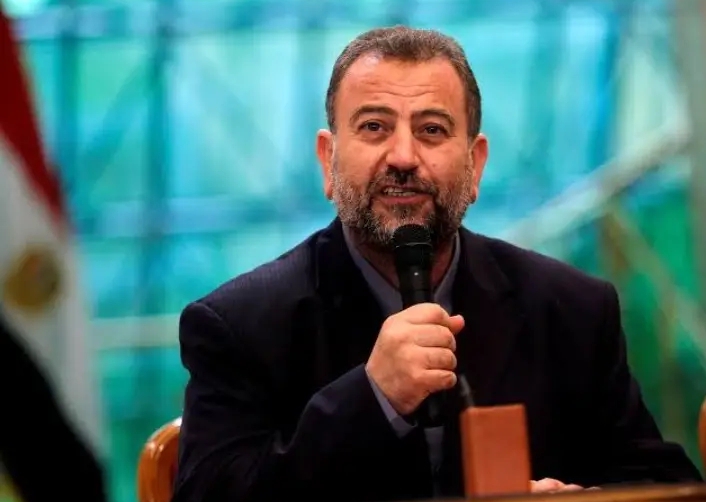World News
Israel Detains Aruri’s Sisters

Two sisters of Hamas leader Saleh al-Aruri, who was killed in Lebanon this month, were taken into custody by Israeli soldiers, according to information released on Sunday by the Israeli army and Palestinian sources.
When Aruri, the deputy leader of Hamas, was killed on January 2 in a Beirut suburb, it was widely believed that an Israeli drone strike was to blame. This increased concerns that Israel’s war in Gaza might escalate into a conflict with other countries.
The Israeli army said on Sunday it had detained the two women in the occupied West Bank “after they incited to terrorism against the state of Israel”, without elaborating.
The brother-in-law of Aruri, Awar al-Aruri, said the two women and several other family members had been put into “administrative detention”.
The Palestinian Prisoners’ Club, a campaign group, said Dalal al-Aruri, 52, and Fatima al-Aruri, 47, were arrested in separate locations near the city of Ramallah.
The Israeli army had accused Aruri of helping to plan the October 7 attack in southern Israel by Hamas fighters from Gaza, which resulted in the deaths of 1,140, according to an AFP count based on official Israeli figures.
Israel’s military campaign in Gaza has since killed at least 23,843 people, mostly women and children, according to the Gaza health ministry.
The Palestinian Prisoners’ Club said 5,875 Palestinians have been detained in the West Bank since the Gaza war began.
It said that, of these, 1,970 had been put under administrative detention, which allows for suspects to be held without charge or trial for renewable periods of up to six months.
Israel says administrative detention is intended to allow authorities to hold suspects while continuing to gather evidence, with the aim of preventing attacks or other security offences in the meantime.
Since the 1967 Six-Day War, Israel has occupied the West Bank. With the exception of east Jerusalem, which it has annexed, 490,000 Israelis now reside there in settlements that are illegal according to international law.
AFP




